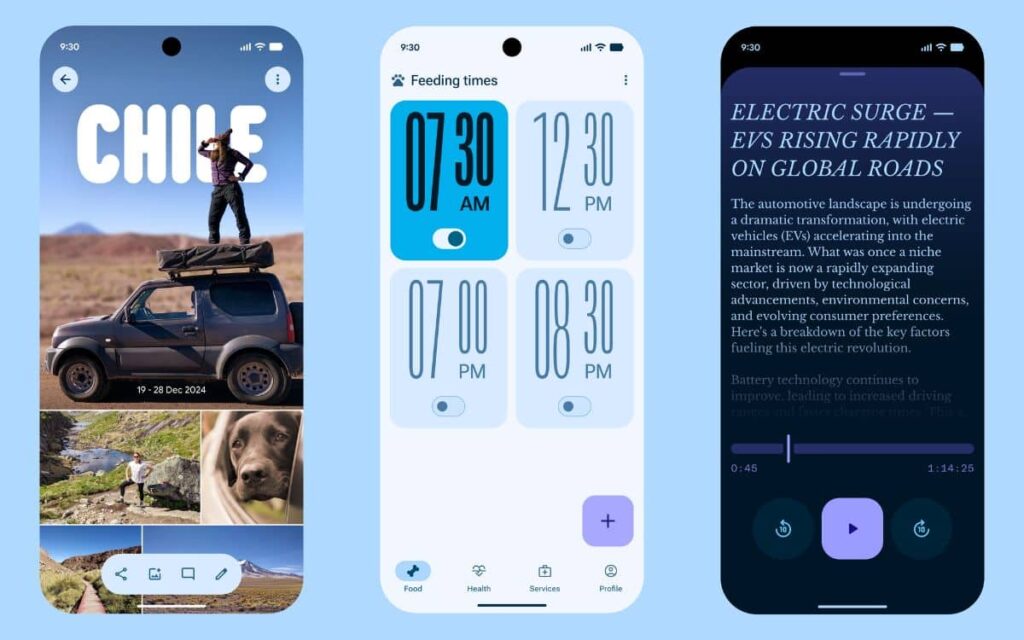GrapheneOS is an open-source operating system based on Android. However, the French judicial police are fed up with this ecosystem. Cybersecurity analysts from the police have issued a warning regarding this software, which they see as a major obstacle in their investigations.
We are talking about a Pixel smartphone equipped with GrapheneOS, a variant of Android that constantly resists attempts to access from investigators. This poses a significant challenge for the authorities. “This mobile operating system operates within the Android ecosystem and is specifically developed to enhance the security of personal data stored in mobile phones,” the judicial police note in their internal communication. It is a factual definition, but it clearly indicates the police’s frustration toward this operating system, which has protection mechanisms that are too robust to be bypassed with their usual tools.
GrapheneOS Is a Modified Version of Android That Appeals to Criminals
GrapheneOS is founded on a team of developers specializing in cybersecurity. Their goal is to completely rewrite the vulnerable parts of the Android operating system that are susceptible to cyber-attacks. As a result, smartphones become more resistant to intrusions.
The Google services are completely removed from the default installation, thus eliminating many backdoors. Each time the device starts, it checks its integrity and detects any compromises. If any intrusion attempt is detected, GrapheneOS can automatically lock down the device and, even worse, completely erase all data contained within.
The effectiveness of this protection exceeds the capabilities of French authorities. “In my cases, none of these devices could be accessed by the police,” reports a lawyer cited by Le Parisien. This testimony illustrates that devices running GrapheneOS withstand the standard methods used by the police. GrapheneOS is thus an insurmountable obstacle at this time, even as authorities possess tools to bypass end-to-end encryption of certain messaging apps like WhatsApp and even unlock smartphones without knowing the code.
GrapheneOS Defends Itself Against Police Accusations
The judiciary believes that the legitimate use of GrapheneOS has simply been misallocated by criminals. “Initially presented as being intended for legitimate purposes to protect citizens against intrusions on their mobile phones, particularly for journalists, researchers, or activists, GrapheneOS is gradually being disseminated among users primarily wishing to evade all forms of data collection or analysis by authorities, even within a judicial framework,” explains the police in their internal memo. In short, they imply that criminals have diverted Android for their own purposes, without stating it outright.
We were contacted by a journalist at Le Parisien newspaper with this prompt:
> I am preparing an article on the use of your secure personal data phone solution by drug traffickers and other criminals. Have you ever been contacted by the police? Are you aware that some of your…— GrapheneOS (@GrapheneOS) November 19, 2025
Of course, the GrapheneOS team is very upset and reacted vehemently to the article published by Le Parisien in a message posted on X. The developers criticize the journalistic work as well as the authoritarian drift in France that seeks to surveil the history of job seekers. “France is increasingly descending into authoritarianism, and the situation is worsening. The country is already supporting the EU’s Chat Control project. These fascistic police are spreading outrageous lies about privacy-focused open source projects. None of these accusations are founded,” declares the GrapheneOS team in their response on X.
As mentioned in the introduction, Pixel smartphones are particularly favored for installing GrapheneOS, as noted by the Spanish police. Their security architecture is already robust, and this Android overlay only complicates things for the authorities.



